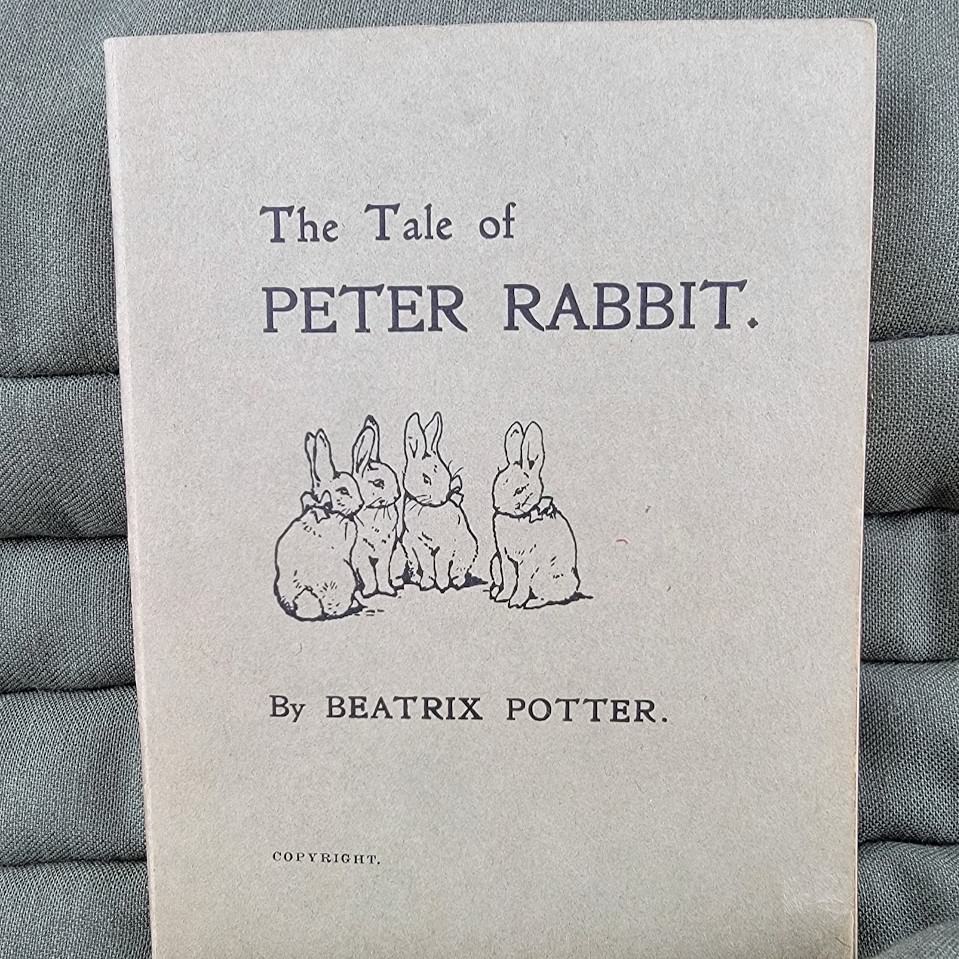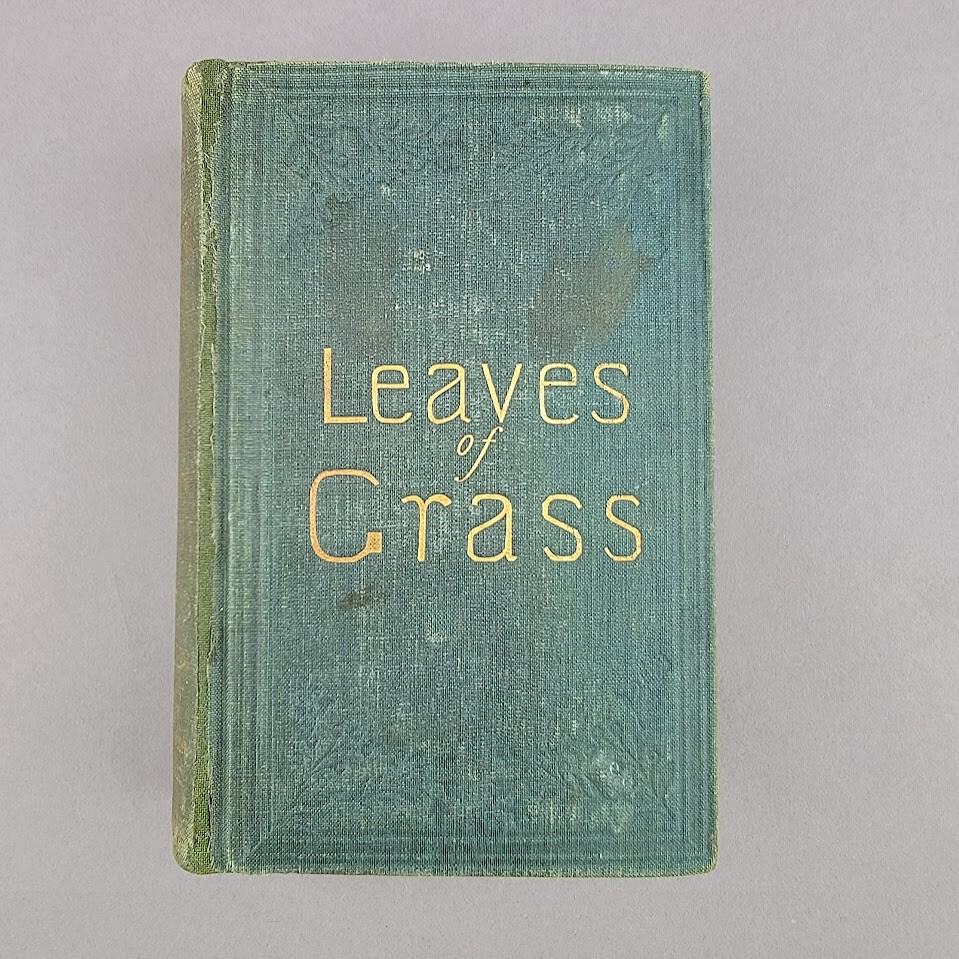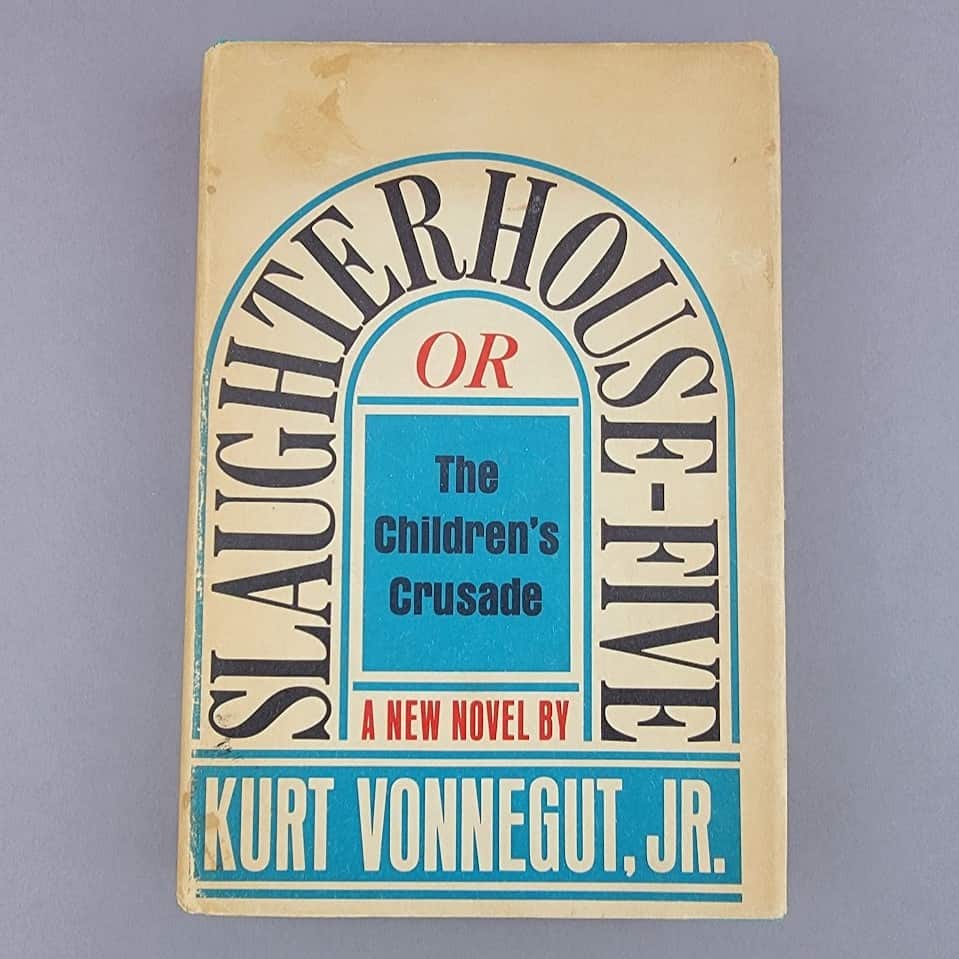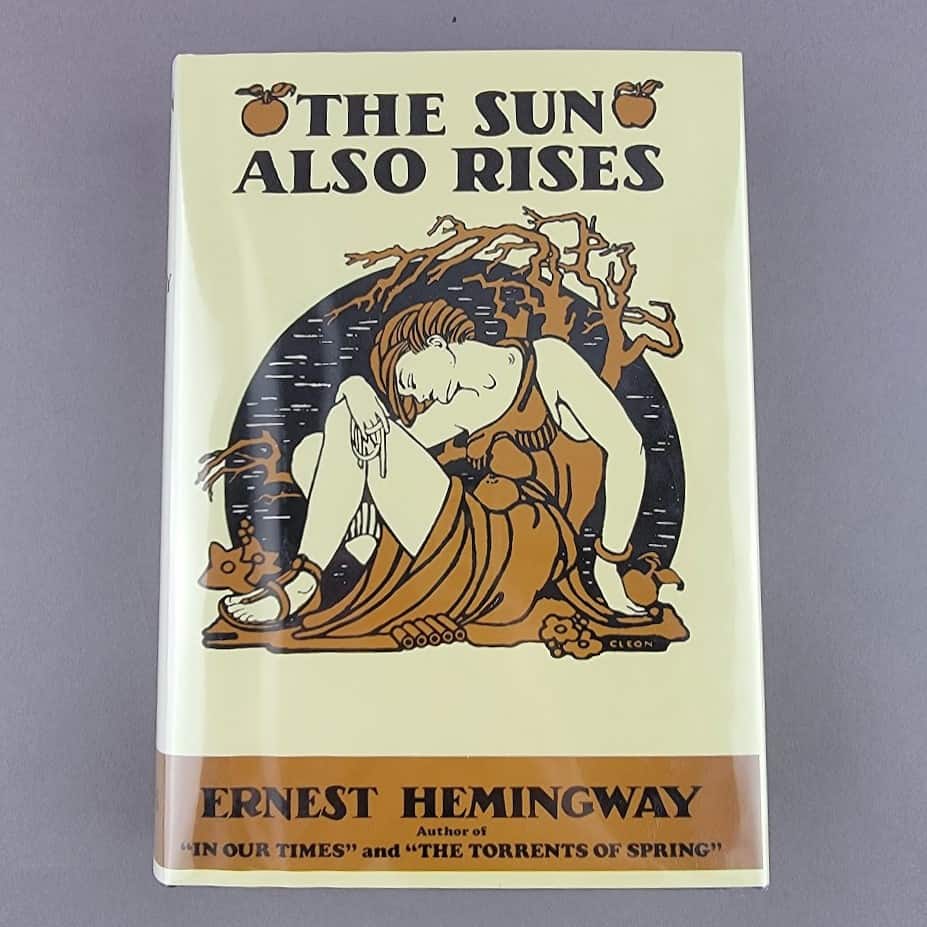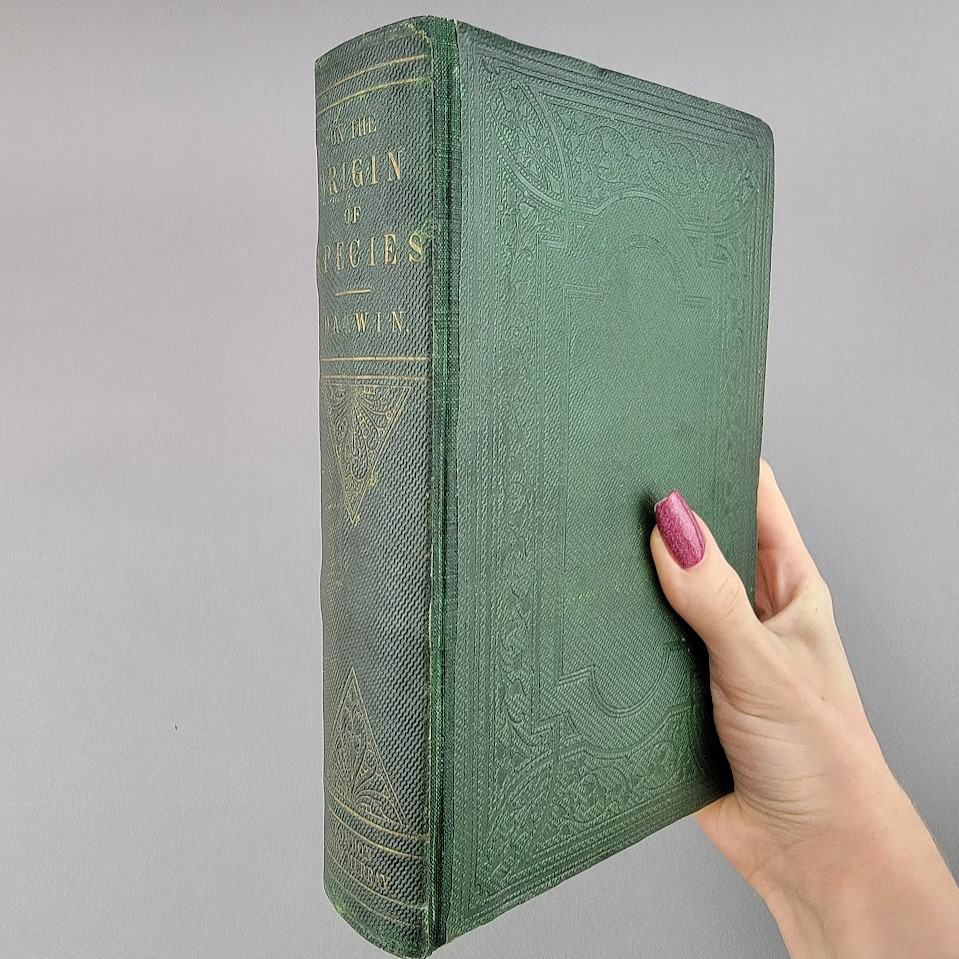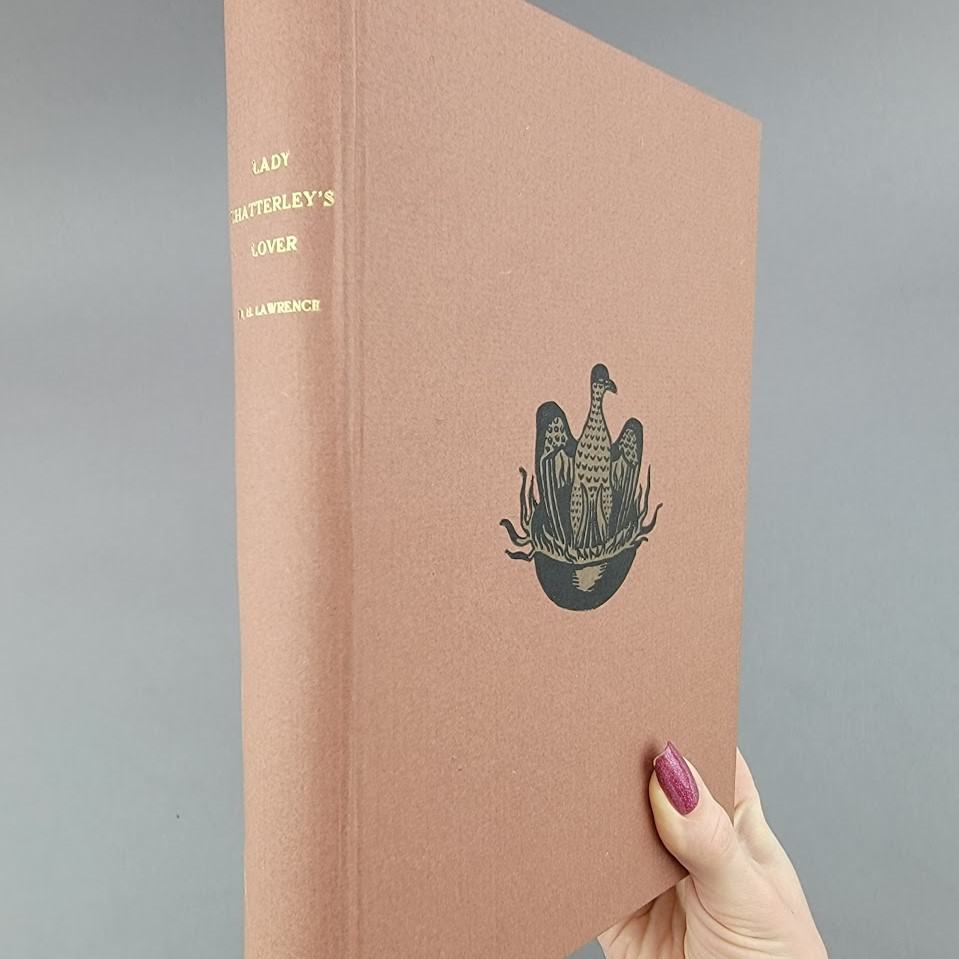The following is written by SLIS graduate student Madison Knupp
From October 1st through October 7th, the American Library Association (ALA) is celebrating Banned Books Week. The ALA first started Banned Books Week in 1982 due to a rise in book banning. However, the practice of book banning is not a new concept and has a long history.
There are many books in Special Collections and Archives that have been challenged or banned historically from various corners of the world, including the 10 below.
Alice’s Adventures in Wonderland by Lewis Carroll
While Alice in Wonderland is now considered a classic by book and movie lovers alike, it has been challenged and banned several times throughout the world. In 1900, a U.S. school banned the book for obscene language, sexual themes, and disrespecting authority figures. Sometime around 1930, it was banned in the Hunan Province of China because the governor believed that animals speaking human language was harmful for society. The book and Disney’s 1951 movie adaptation also received criticism due to the belief that it was portraying the use of hallucinogenic drugs. Despite the bans, Alice in Wonderland has inspired several films, plays, songs and much more in pop culture.
Ulysses by James Joyce
Ulysses has been banned in several countries, including the United States, England, and Australia due to sexually explicit scenes portrayed in the story. First published in 1920, Ulysses was seen as incredibly obscene and was a massive target of censorship throughout the first half of the 1900s. Areas in the United States, Ireland, and Canada even burned the book. Even with many campaigns to censor this book, it continued to draw readers and praise from literary critics. It’s even been called “the most prominent landmark in modernist literature” by the New York Times.
The Diary of a Young Girl by Anne Frank
Anne Frank’s diary is a view into the life of a young Jewish girl living in Nazi Germany. It documents her life in hiding, before her and her family were caught and sent to a concentration camp where she would be killed. Her diary was published by her father in 1947, and while many believe it is a necessary book to be on library shelves, it has faced several challenges. Common reasons for the challenge of this book include the tragic events of her life and the topic of puberty. One challenge from an Alabama school in 1983 claimed that the book should be banned because it was “a real downer.” Anne’s diary, however, has impacted readers all around the world, being translated into 70 languages.
The Adventures of Huckleberry Finn by Mark Twain
The Adventures of Huckleberry Finn was banned by many starting from the year it was printed in 1885, attacked because of language and rude nature of the main character. Huckleberry Finn was accused of setting a bad example for young readers with its “inappropriate” narrative. It was also challenged in the early 20th century for depicting a friendship between a white boy and a Black man. Today, however, the book is often challenged because of it is seen as containing racist content.
The Tale of Peter Rabbit by Beatrix Potter
The Tale of Peter Rabbit is a children’s classic that is loved by many. In the 1980s, however, The Tale of Peter Rabbit, as well as Benjamin Bunny, was banned by London schools for only portraying “middle-class rabbits.” These rabbits were seen as having too much privilege according to its critics. Peter and his friends, however, have been translated into several languages, featured on TV and in film, and have become one of the biggest literature-based licensing organizations of its day.
Leaves of Grass by Walt Whitman
Walt Whitman released Leaves of Grass in 1855 and would continue editing and expanding the book of poetry until his death in 1892. This work created an uproar with many readers due to the sexual nature and celebration of sensual pleasures discussed in many of the poems. Whitman was even fired from his job at the Department of the Interior in Washington, D.C. as a result of his boss finding a copy of the book on Whitman’s desk. Though controversial, even up to and after Whitman’s death, Leaves of Grass has entered popular culture, and is now often considered by scholars as a cornerstone in American poetry.
Slaughterhouse-Five by Kurt Vonnegut
Slaughterhourse-Five has faced several bans and challenges since being published in 1969, not to mention a history of even being burned. Much of the controversy around the book has been due to offensive language, sexual scenes, and violence. Many of those who challenge the book thought the book promoted deviance and needed to be kept away from younger readers. Considered Vonnegut’s most iconic work, this banned book has sold over 800,000 copies and is considered one of the best antiwar novels by many critics.
The Sun Also Rises by Ernest Hemmingway
Hemingway is no stranger having his work banned, facing international book bans for many of his works throughout the 20th century. Some schools went as far to ban all of his books, while others took specific titles off the shelves. The Sun Also Rises was often banned due to foul language and sexual themes. The book, however, was incredibly popular with readers in the latter half of the 20th century. It was also Hemingway’s first book, and it certainly made the author famous.
Origin of Species by Charles Darwin
Charles Darwin’s Origin of Species angered many people and faced extensive banning throughout the UK and the U.S., as well as Greece and former Yugoslavia. In Tennessee the book was banned from schools, along with the teaching of evolution as a whole from 1925 to 1967. Despite the bans, Origin of Species is still considered to be a highly influential book that changed the study of biology.
Lady Chatterley’s Lover by D.H.Lawrence
Lady Chatterley’s Lover was considered obscene because of its explicit sex scenes and language. In 1960, the popular publishing company Penguin Books was prosecuted for publishing it. However, Penguin Books won the case and was allowed to continue publishing the book in England. The court case cased such a stir that Penguin Books actually sold over three million copies of the book after the trial to readers eager to see what had caused all the trouble.
